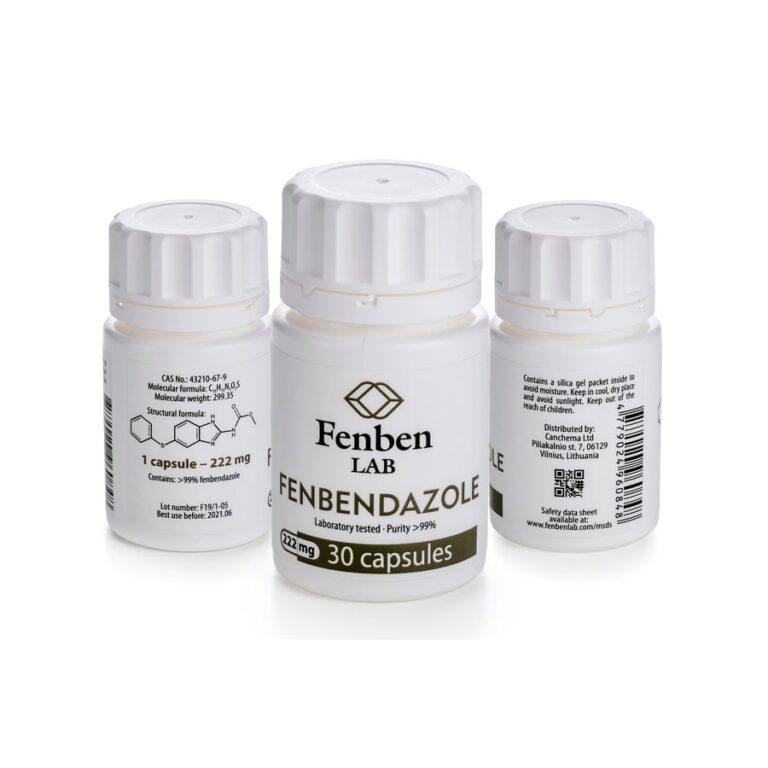Fenbendazole is an anti-parasitic drug used to treat parasitic worms (roundworms, hookworms, whipworms, and some tapeworms) in dogs. It is also used off-label to prevent giardia and lungworms in dogs. It is administered in liquid suspension or granules and is given by mouth. It is recommended for a daily dose of 222 mg, seven days per week and is available by prescription or over-the-counter under the brand names Panacur and Safe-Guard.
We describe a young woman with advanced non-small cell lung cancer and elevated carcinogenic epithelial tumor marker (CEA) who self-administered oral fenbendazole, which is an anthelmintic for dogs, based on information from social media sites that claimed that it cures cancer. She did not experience tumor shrinkage or improvement in her CEA level despite several cycles of therapy with the immune checkpoint inhibitor pembrolizumab.
Our patient was diagnosed with stage IV NSCLC in June 2019 and received chemotherapy and immunotherapy. Her physical findings and vital signs were unremarkable. A month later her CEA level increased and she stopped taking the immune checkpoint inhibitor, and instead started self-administering fenbendazole based on information she found online.
Fenbendazole is a synthetic benzimidazole that binds to the tubulin protein of the cell and disrupts its function by binding to its subunit, preventing its binding to cyclin B1 and inhibiting the cell cycle. Because of this, fenbendazole is thought to be effective in treating certain parasitic diseases by blocking the ability of the parasite to divide and grow.
To test whether fenbendazole also interferes with the ability of human cancer cells to grow and spread, we performed an experiment using a human lung cancer cell line. The A549 cells were serum starved and treated with varying concentrations of fenbendazole. The cell-cycle was monitored by measuring the levels of cyclin B1 and CDK1. We found that fenbendazole at concentrations up to 10 uM significantly prevented the progression from G2 to mitosis. This was caused by the inhibition of the cyclin B1/CDK1 complex and subsequent ubiquitination and proteasome-mediated degradation of the cyclin.
The same results were obtained when fenbendazole was injected directly into tumors in irradiated mice. This is consistent with our previous results that fenbendazole has no effect on the growth of EMT6 tumors, either alone or in combination with radiation. It is possible that the cellular changes that occur in tumors that fenbendazole affects are more complex than our simple model has predicted. This may explain why the effect of fenbendazole on tumors has not been confirmed in other experimental systems.fenbendazole cures cancer

